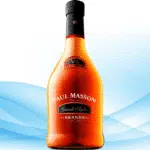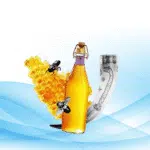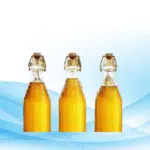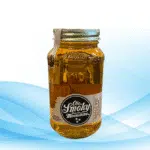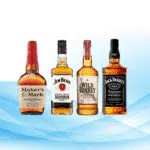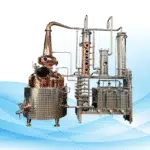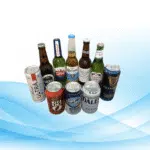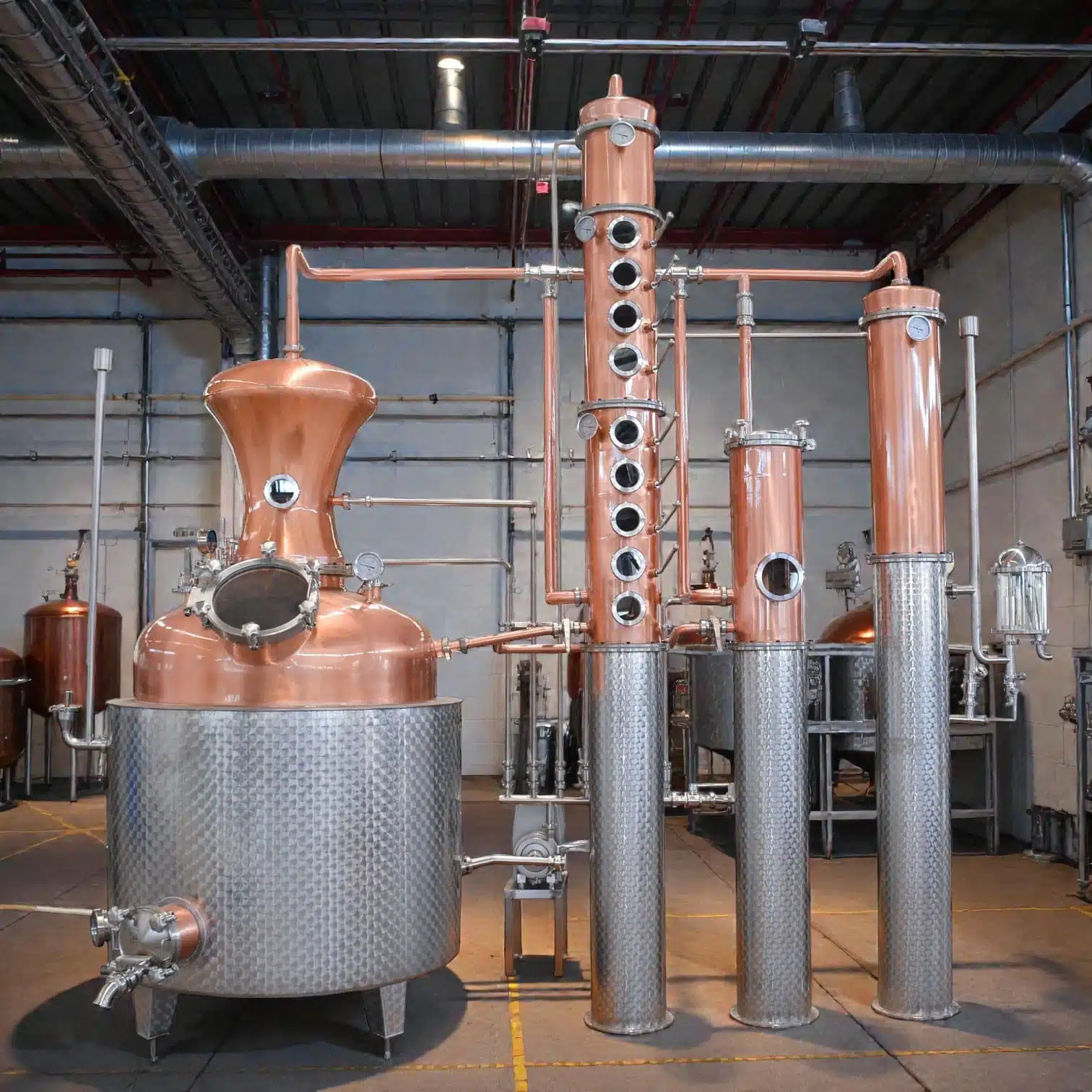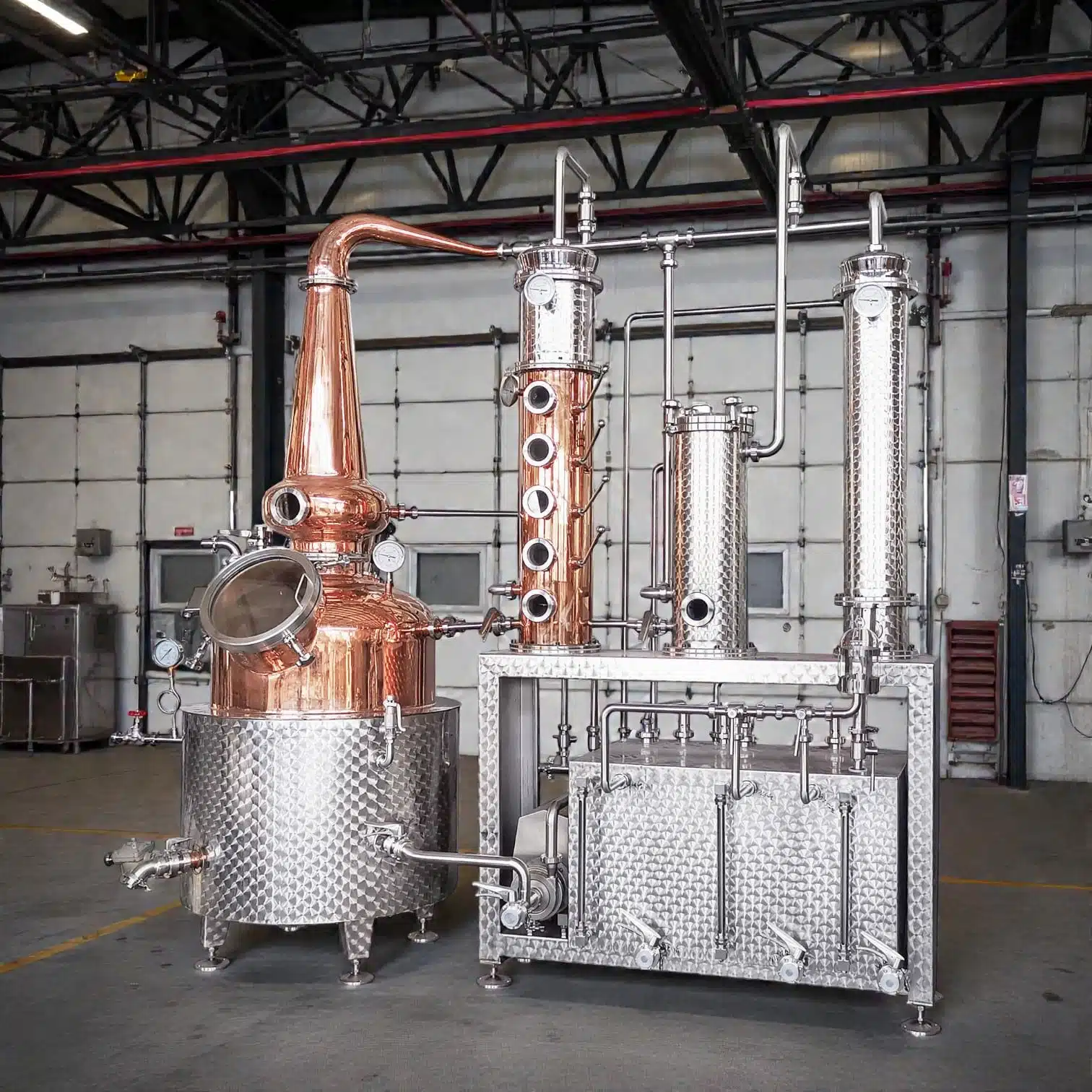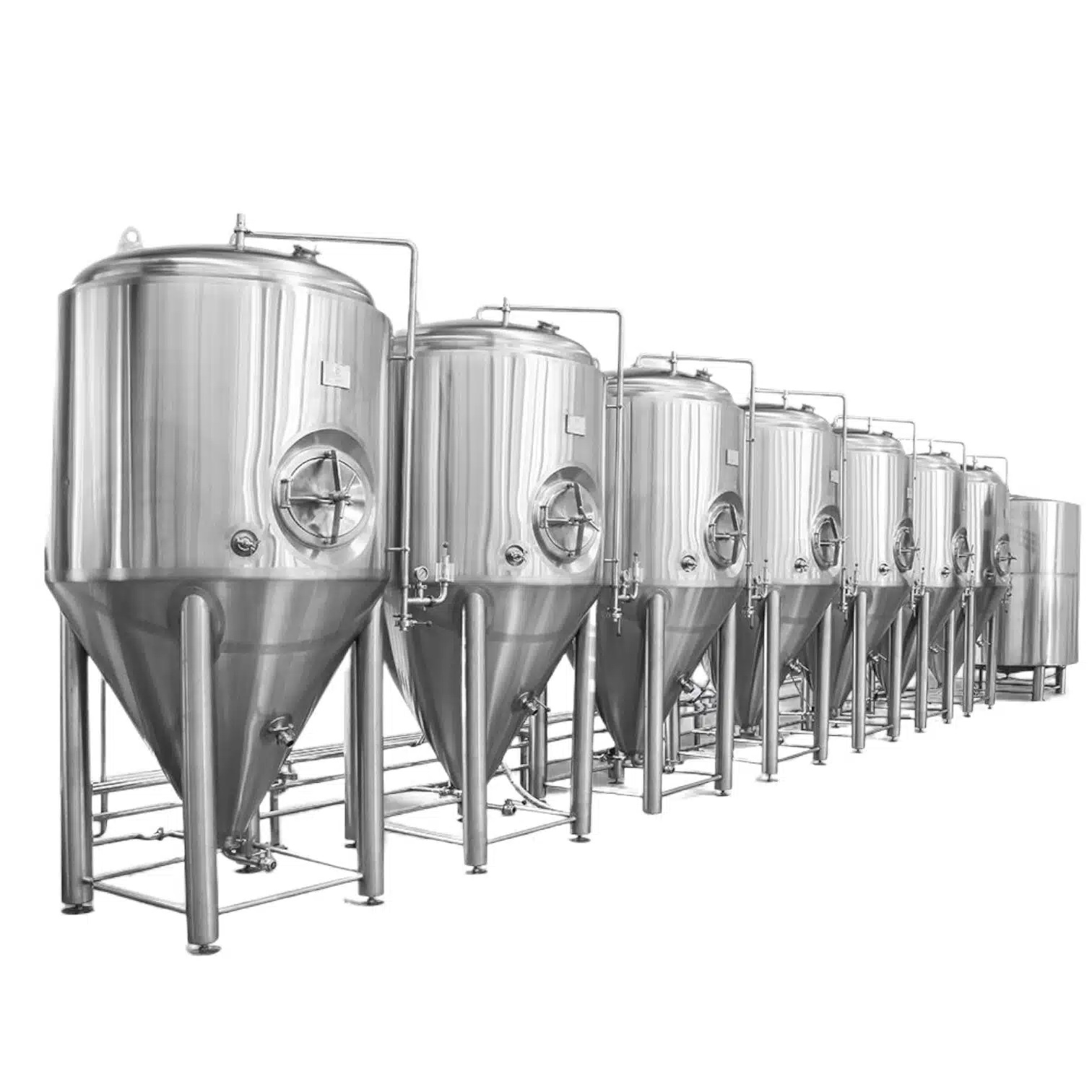Introduction
If somewhere in your life you have had a chilled beer, you may understand that there are pieces of ice and bubbles generated at the bottom of the glass and that there is a slight fizz when you take a sip. This type of fizz might make you ask: Is beer carbonated? Indeed, yes; beer is carbonated. This does not mean that bubbles are the only proposition in a glass of beer. In this article we will look at the physics of beer carbonation, its importance, how it affects the taste and the reasons behind varying levels of carbonation of different beers.
What is Carbonation in Beer?
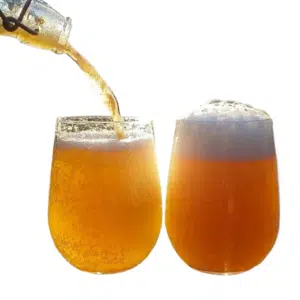
In response to the question, is beer carbonated, we first must explain what it is that carbonates a beer. Carbonation is the addition of a gas, namely carbon dioxide, to a liquid. With respect to beer, the carbon dioxide can either occur naturally during fermentation or be added artificially. Carbonation is the reason behind the fizzy feeling and bubbles within beer; this does not only influence the taste of the beer but the general drinking experience as well.

The Science Behind Beer Carbonation
During fermentation, yeast takes up the sugars contained in wort (unfermented beer) and creates alcohol, thermostats, and CO2 gas whilst expelling CO2 as a waste gas. Other methods of modern beer making technology exploit the natural CO2 in the beer to achieve carbonation. Carbonation of beer is measured in terms of a unit referred to as volumes of CO2, which describes how much carbon dioxide is incorporated into the beer. The volumes for most beers tend to be between 2.0 and 3.0 volumes of CO2.
At times, the answer to whether beer is carbonated or not is as simple as it may look. While all beers qualify for this definition of containing gas under pressure, there remains a level of carbonization depending on the type of beer and method of brewing process. For example, carbonated beers such as stouts and porters are of greater depth when it comes to carbonization dimension as compared to walnut belge thick wheat beers and lagers which are less deep.
Natural Carbonation
Natural carbonation is said to occur due to fermentation, in that yeast converts sugars into ethanol and CO2 during this process. Brewmasters are also known to create natural sparkle, therefore decide to retain some of the CO2 in the beer. In the case of bottle-conditioned beers, when the bottle is being capped, they add in some sugar to it before the cap fits.
Due to the siphoning of the new incorporated sugar by the yeast leading to the increased production of CO2, carbonation occurs in the bottle itself. It is appreciated by many of the traditional or craft brewers since it adds more texture and flavor to the beer. With the naturally occurring carbonation, smaller or fine size bubbles can also be formed, resulting in a better feeling in the mouth. If you have responded in the affirmative to that question and more so if the beer is Belgian ale or British cask, you probably have taken beer with natural carbonation.
Forced Carbonation
Forced carbonation is the most common method in large-scale brewing. After the fermentation process, the beer is decanted into pressurized cylinders, wherein CO2 is pushed into the beer to carbonate it. This method allows carbonation to be done uniformly and quickly.
While effective, some beer lovers consider that forced carbonation creates harsh bubbles and a sharper sensation. It is widely used in mass-produced beers like lagers and pilsners to achieve consistent carbonation across batches.
Why Do They Carbonate Beer?
In addition to answering the question “Is beer carbonated?”, it’s also crucial to understand why carbonation is so important in beer. Some reasons include:
Taste and Flavor
Carbonation enhances the other flavors in the beer by improving its taste and feel. The CO2 helps release volatile elements toward your nose while drinking, allowing you to detect delicate characters like fruit, spice, or malt. The fizziness also balances the sweetness of the malt and the bitterness of the hops, resulting in a well-rounded flavor profile.
Aroma
Carbonation helps bring the beer’s aromas to the forefront, enhancing its sensory appeal. Naturally carbonated beers are often said to have a richer aroma compared to force-carbonated ones.
Carbonation Effect
Carbonation also acts as a preservative by creating an environment that is less conducive to bacterial growth, thereby prolonging the shelf life of the beer.
The Styles of Beer and Their Associated Methods of Carbonation
Carbonation affects a beer’s flavor, aroma, and mouthfeel. Brewers often adjust carbonation levels to suit the specific beer style.
Lagers and Pilsners
Lagers and pilsners are highly carbonated, giving them a crisp and refreshing character. The high CO2 content sharpens the flavor, making these beers light and easy to drink, especially with food.
Wheat Beers
Wheat beers, such as Hefeweizens and Belgian Witbiers, are also highly carbonated. The CO2 balances the fruity and spicy flavors and contributes to the thick body of these beers.
Stouts and Porters
In contrast, stouts and porters are typically less carbonated. Excessive carbonation can overwhelm the maltiness of these darker beers. Some brewers use nitrogen instead of CO2 to create smaller bubbles and a creamier mouthfeel.
Belgian Ales
Belgian ales often have moderate to high carbonation levels to enhance the fruity and spicy notes from the yeast. The active carbonation also lightens the body of these sometimes high-alcohol beers.
How to Carbonate Your Own Beer
Natural Carbonation
For home brewers, natural carbonation is the most popular method. A small amount of sugar is added to each bottle, allowing the yeast to produce CO2. However, too much sugar can cause over-carbonation and “bottle bombs.”
Kegging and Forced Carbonation
For those with a kegging system, forced carbonation is an option. This allows for precise control over the level of carbonation but requires more equipment and higher costs.
Conclusion
So, is beer carbonated? Absolutely. Carbonation plays a crucial role in beer, influencing not only the drinking experience but also the taste, texture, aroma, and preservation of the beer. Whether it’s naturally fermented or force-carbonated, carbonation adds complexity to beer and ensures there is a perfect fizzy brew for every palate.

